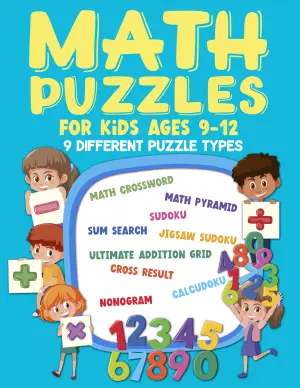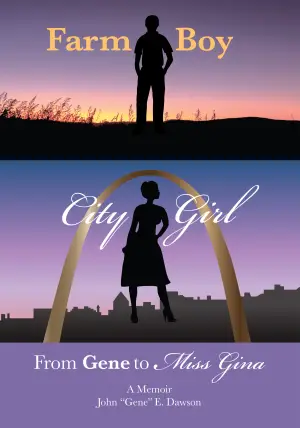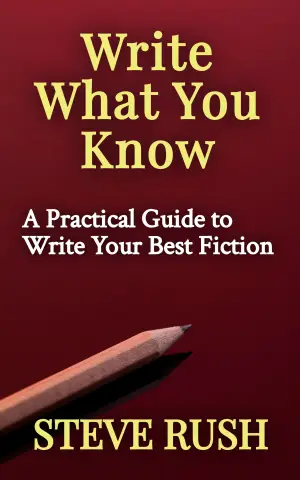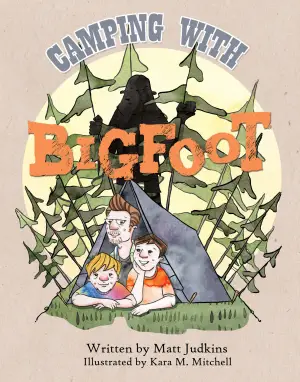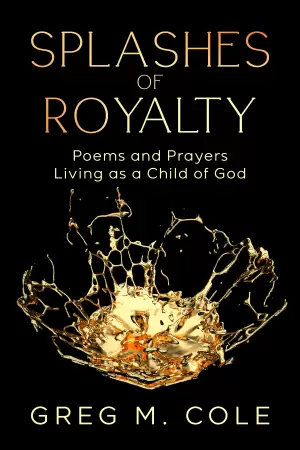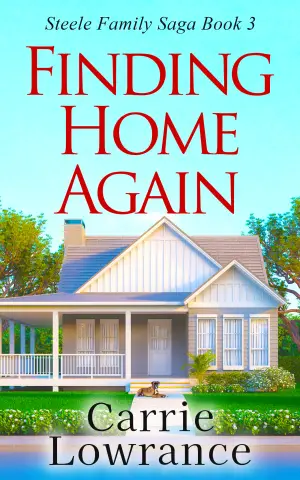Book Review: The Hunger Games by Suzanne Collins
For a long time, I allowed The Hunger Games to simmer quietly on my to-read list while I dove into a smorgasbord of diverse titles—from the profound musings of Margaret Atwood’s Oryx and Crake to the intricate explorations of language in Merritt Ruhlen’s The Origin of Language. Yet, the buzz around Suzanne Collins’ dystopian world had an undeniable allure that eventually pulled me in. It’s a tale of survival, rebellion, and the audacity of hope wrapped up in a stylish yet brutal arena—a narrative that’s as captivating as it is thought-provoking.
The premise of The Hunger Games is chilling: in a future where society is divided into the affluent Capitol and the impoverished districts, a tradition of sacrifice is enacted through a deadly competition where tributes vie for survival. The protagonist, Katniss Everdeen, volunteers to take her sister’s place, and her journey from a survivalist in District 12 to a beacon of hope and resistance in this oppressive regime resonates on many levels. Collins deftly weaves themes of power, sacrifice, and moral ambiguity throughout the pages, making one reflect not just on the fate of Katniss, but on the society we live in today.
What struck me as particularly engaging was Collins’ ability to balance relentless pacing with moments of introspection. The action sequences are palpably intense, keeping readers at the edge of their seats. Yet, amidst the chaos, there are poignant moments—Katniss’ thoughts on love, loss, and loyalty—that give a depth to her character. My heart raced through the arena but ached for her, making me genuinely invested in her fate. The writing style is concise, yet evocative, immersing you in the dirt and grit of Panem’s world while revealing Katniss’ vulnerability and strength.
One quote that stayed with me was Katniss reflecting on the allure of the Capitol: “It’s the things we love most that destroy us.” This line encapsulates the overarching conflict not just in the games, but in human nature itself. Love can incite both courage and despair—a duality that Collins explores beautifully through her characters and their choices.
As I put this book down, I felt a mixture of exhilaration and contemplation. There’s a certain urgency in The Hunger Games that speaks to the reader to question authority and strive for change. It’s not just a young adult novel; it’s a mirror reflecting societal structures and individual resilience.
If you’re looking for a gripping read that combines adventure with gritty realism, or if you find yourself pondering the dynamics of power and rebellion, then The Hunger Games is worth your time. Even if your own reading list is as extensive as mine—stuffed with classics and obscure gems—this book deserves a spot. As for me, it was a thrilling escape that reminded me of the power of a single voice against oppression, and I won’t be forgetting Katniss Everdeen anytime soon.
Discover more about The Hunger Games (The Hunger Games, #1) on GoodReads >>

